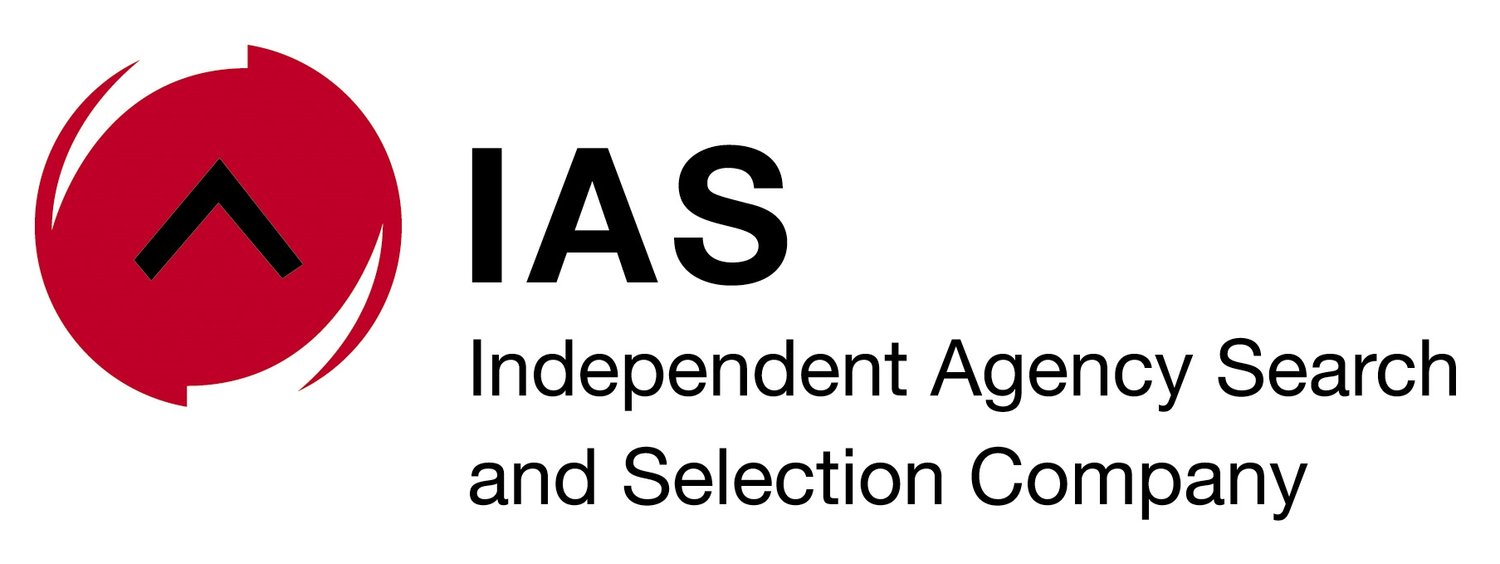When a client works with an intermediary, writes Johanna McDowell, CEO of IAS and SCOPEN Africa partner, it means they’re serious about their agency relationships. Here’s how an intermediary’s experience brings both art and science to the picture.
Primarily, although marketers may well know who the leading agencies are and which ones they’d like to meet, they don’t know all of them and are often relying on information given to them by other industry leaders or someone “who knows someone”.
Often, they’ll be reading up on agencies to note the awards they’ve won - we know this from Agency SCOPE, where research shows clients often note their long list of agencies from what they read in industry media. At this stage, they’re looking at reputations, thought leadership pieces that indicate media trust in certain individuals and companies.
When they choose an intermediary, however, it’s indicative of the real, long-term value they’re looking for in appointing an agency and the trust they have that their intermediary understands the inner workings of each agency and its leadership. It’s the inside info you’ll rarely see using Google.
Knowledge from the source
Any intermediary who’s been in the business for a while knows every agency, not just from what the agency will publish but from working with them, or at least with their leadership over the years.
Vital knowledge includes agency history and any major changes in their business that could affect a client’s operations. We know their people and their journey to earning the reputation they have, which is the first reason a marketer will call in an intermediary.
The second reason is due to the extensive process, to get to where we show them credentials from a number of agencies. Clients review the information, select a short list and then we’ll have a chemistry session, where potential colleagues get real and aren’t just words on a page.
At this point, the IAS is the only intermediary that includes the chemistry session as part of an early elimination process.
What encourages all parties to bring their best to the table is, of course, financial. With skin in the game, clients want the right agency to deliver on the creative and strategic results required to drive sales - the third reason to engage an intermediary.
The fourth is that when marketers choose agencies, they need to be absolutely scrupulously fair and be seen as such. "They have to know there are no brown envelopes, corruption, or whispers. Honesty and transparency are key, and with compliance requirements, everything must be documented—another onerous task for a marketer to undertake while focusing on running a brand."
A professional process is run like an audit, with reminders around how each agency was selected for shortlisting in the first place. Time management is crucial, so a marketer and the agencies can see a beginning, a middle and an end. Marketers who take intermediaries seriously know that it’s the best route to take, as the intermediary has no vested interest in any particular agency, but does have a reputation to uphold.
Longevity in relationships
Involving an intermediary is also pivotal in creating long happy partnerships. In fact, experience shows relationships well designed from the outset last twice as long as the average industry tenure, saving time and money in the long run.
After all, the client’s core business is not managing agency appointments and the expert advice offered through the process by the intermediary is invaluable.
Management and onboarding
Managing the pitch process is a critical part of why a business would engage an intermediary. From setting up meetings and briefings, to working closely with the client in following the brief and handling all communications, marketers can expect clear, vital feedback throughout.
The intermediary will now have a map of how the agency will be onboarded, including contracts required to legitimise the deal. This is the fifth reason an intermediary is appointed, and has been noted as “invaluable” by many clients, who have seen the amount of research and reporting to be completed, and the precision required through onboarding communications.
When marketers say, “We couldn’t have done this without you”, intermediaries know they’ve done their job – not just putting the pieces of the puzzle in place, but being at the marketer’s side through a process where a missing piece can ambush success.
Intermediaries understand fitting puzzle pieces together is a science – but fitting human beings together is both science and art.
Read this article online
You may also be interested in Agency selection: Forget everything you know about Tinder…

